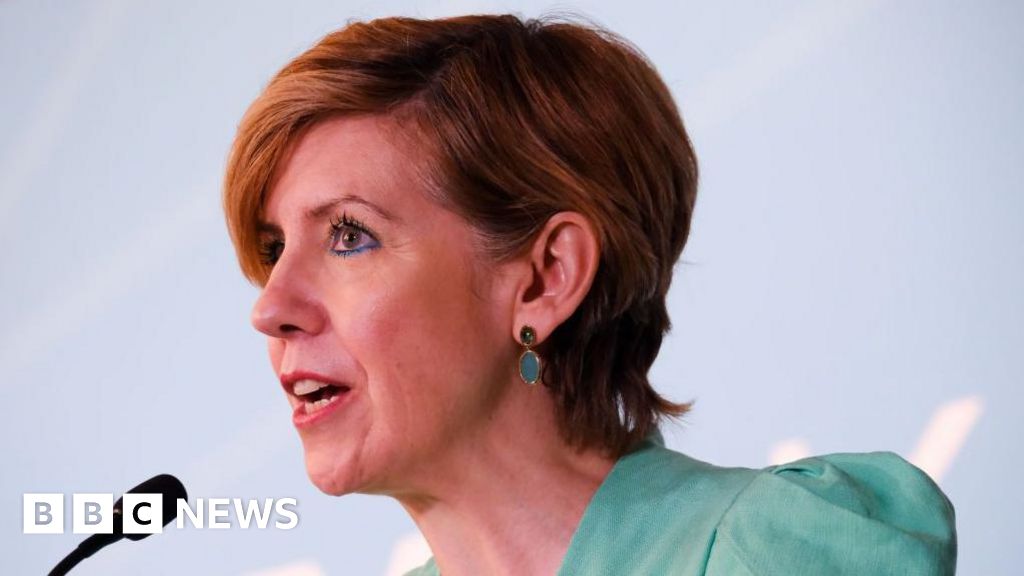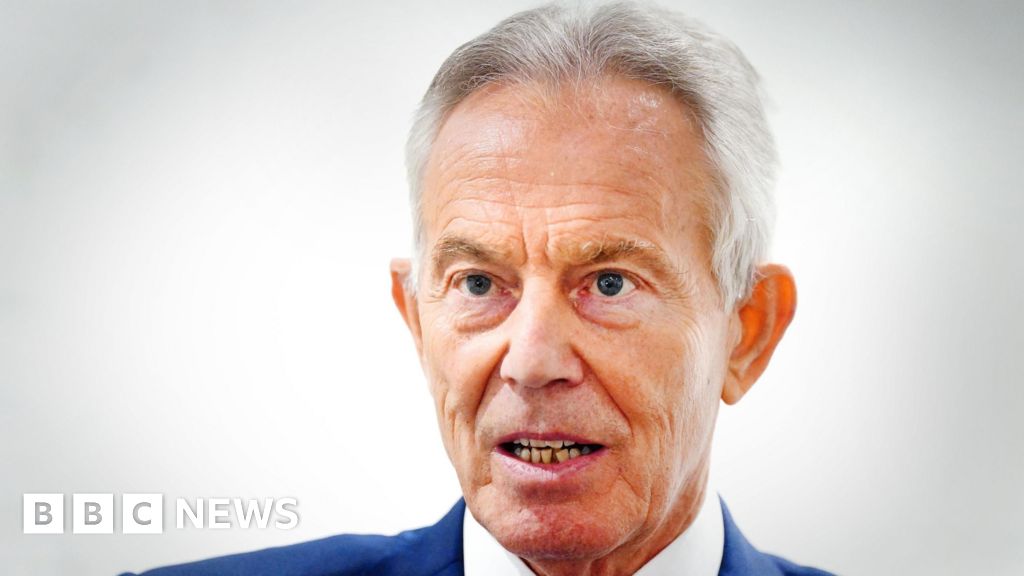ARTICLE AD BOX
By Emily McGarvey
BBC News
Image source, PA Media
Image caption,The government aims to cut one in five jobs to get the civil service back to 2016 levels
The civil service is pausing its fast-track recruitment process for graduates for at least a year in a move to reduce staffing numbers.
The government aims to cut one in five jobs to get the civil service back to 2016 levels.
The scheme has taken on more than 1,000 people annually in the past few years - a very small proportion of overall recruitment.
Ex-cabinet minister Sir David Lidington described the cut as "very foolish".
The civil service regards the fast stream process as its "flagship" scheme for graduates, aimed at recruiting future leaders.
However the scheme will now be paused in 2023.
A government spokesperson said all taxpayer spending must show "efficiency and value for money" and that staffing increases to help deal with Brexit and the pandemic must now be reversed.
"Our focus is on having a civil service that has the skills and capabilities to continue delivering outstanding public services," they added.
"Which is exactly why we have changed recruitment rules to bring in the very best talent and are investing in the professional development of our people."
Mr Lidington, who was the most senior minister in the Cabinet Office when Theresa May was prime minister, said the scheme provided "super-bright young officials" who were willing to challenge orthodoxy.
Image source, Reuters
Image caption,Former cabinet minister Sir David Lidington labelled the move as "very foolish"
Earlier in May, the government said it wanted to cut up to 91,000 civil service jobs to save money.
Downing Street said it had not ruled out a recruitment freeze or compulsory redundancies as part of planned cuts.
A civil service union described that plan as "ill thought-out".
Cabinet Secretary Simon Case, in a sent letter to civil servants, acknowledged the job cuts would be "challenging" and that civil service staffing had grown "substantially" since 2016, partly because of the pandemic.
There were 384,000 civil servants working in 2016 - the lowest number since World War Two - but as the UK prepared to leave the EU, numbers steadily rose until they reached 475,000 at the end of last year.
The civil service delivers public services and supports the government to develop and implement policies, but is politically impartial.
The work civil servants do touch all aspects of life, from staff paying benefits in the Department for Work and Pensions to people running prisons working for the Ministry of Justice.

 2 years ago
93
2 years ago
93








 English (US) ·
English (US) ·